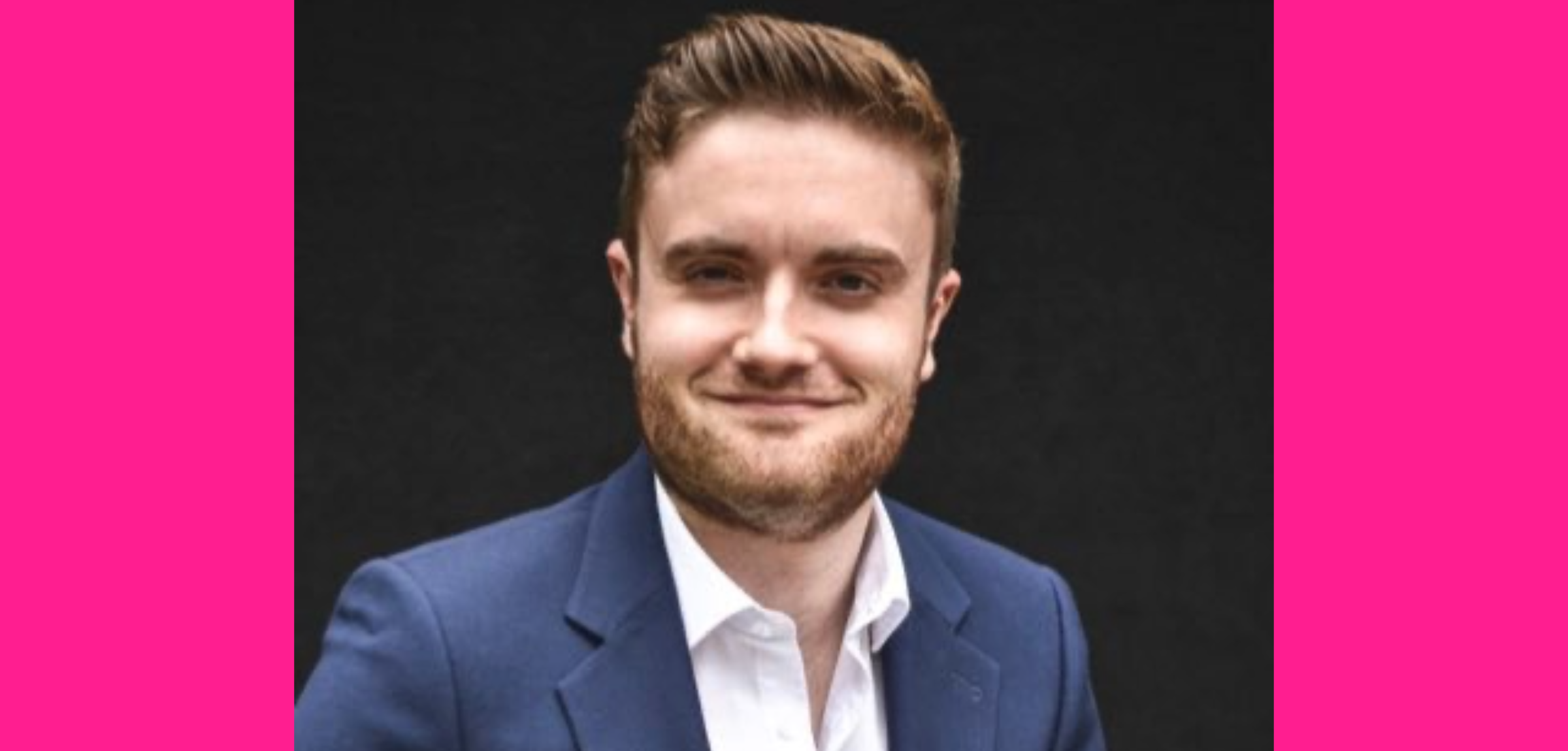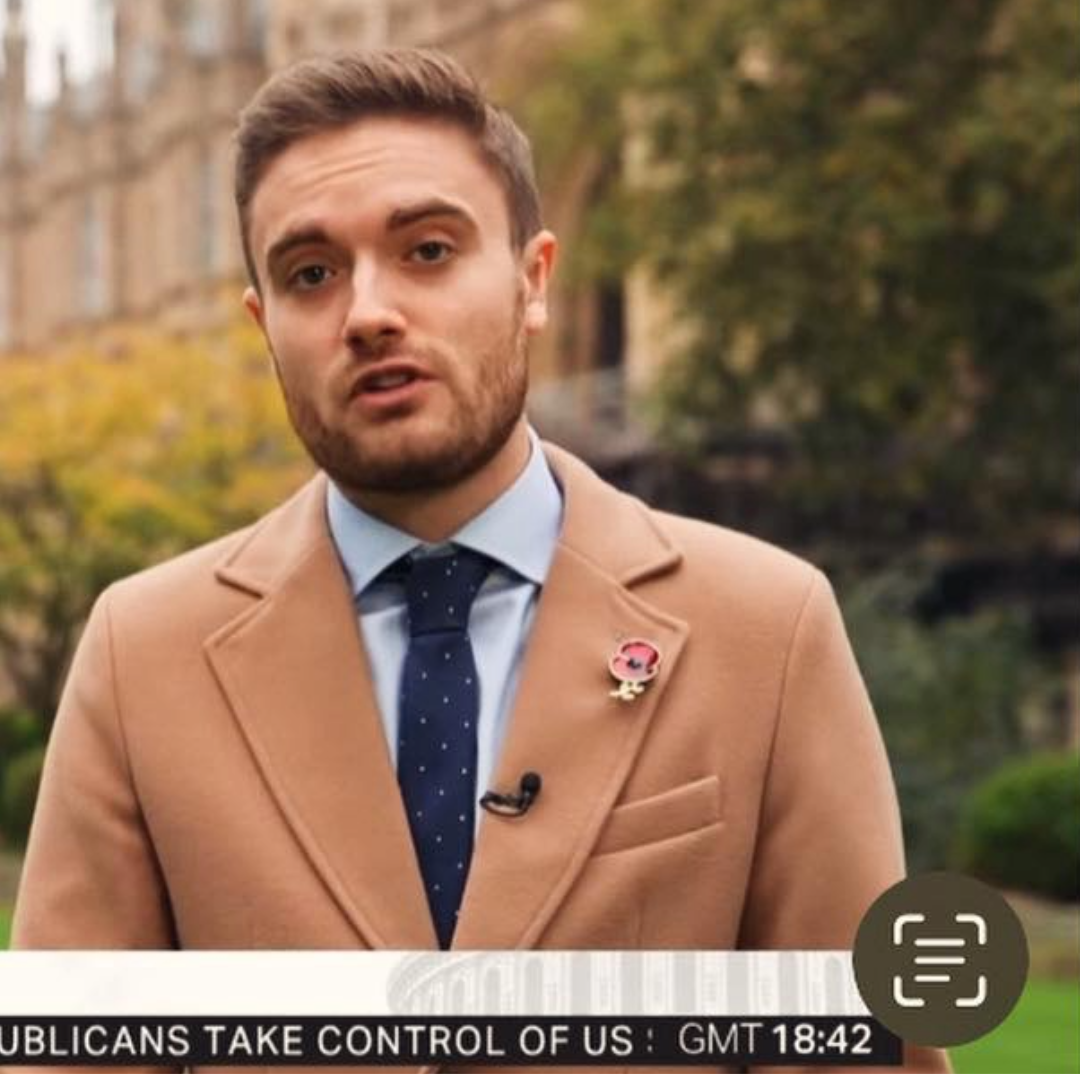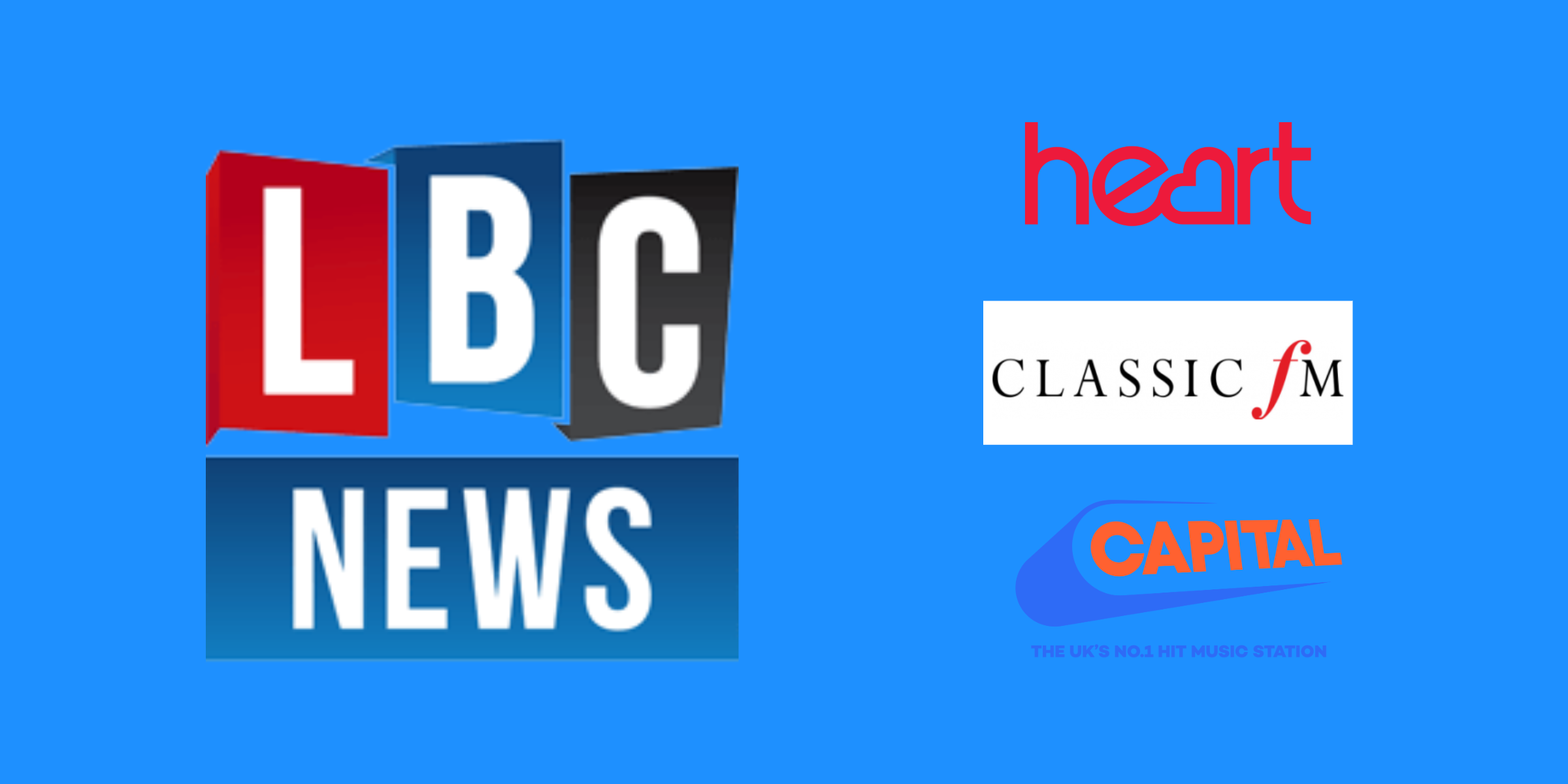James Lewer is a freelance reporter and journalist who began his career in radio over ten years ago. In 2018, he joined Heart as a breakfast newsreader in the East, which was his last staff job. Since then, he has successfully built a freelance career since, which has taken him to Newsbeat on BBC Radio 1 and News Broadcasting, where he thrived as a newsreader and reporter for talkSPORT, Talk and Virgin Radio. He was also given the chance to cover Early Breakfast programmes on Times Radio.
In 2020, James started working in TV as well, becoming a freelance reporter for Sky Sports News, a role he still does. He has also worked on the news desk at Sky News, helped launch ITV X’s news reports and reported for Good Morning Britain.
James currently works for BBC Nations and regions as a TV reporter. He enjoys being a freelancer, highlighting the freedom and the opportunity to develop his skills across different brands.
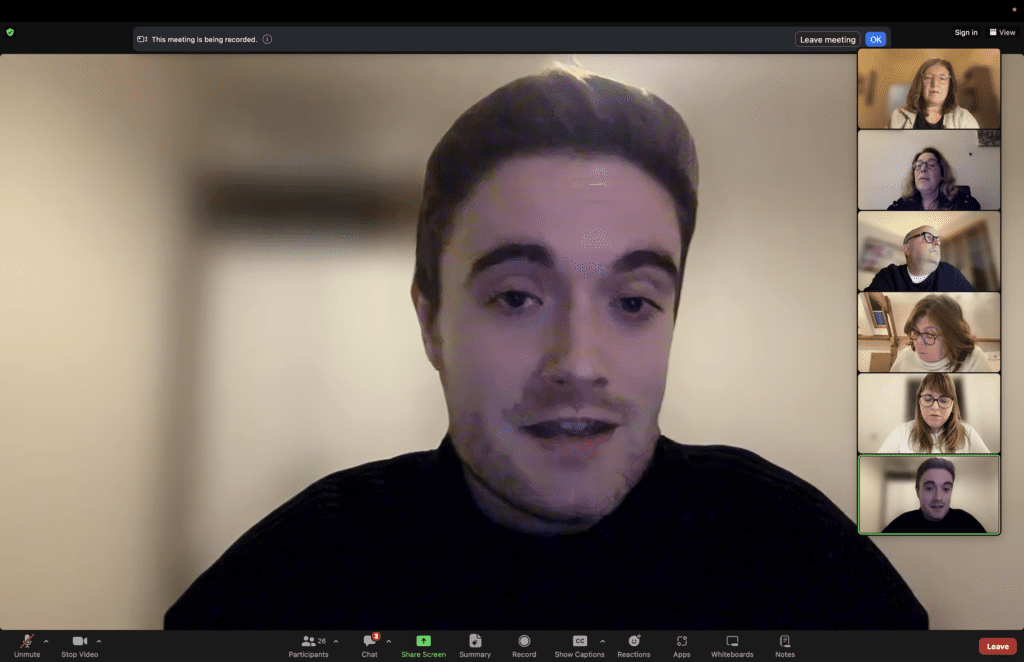
A quick glance at the BBC’s regional news programmes
The BBC has 12 English regions, plus BBC Scotland, BBC Wales and BBC Northern Ireland.
In England viewers can tune into regional news programmes at 1:35pm and 6:30pm. The lunchtime programme is 10 minutes long, while the main evening programme runs for 30 minutes.
The evening programme features between 6 to 8 stories, depending on the day, and some will be PR-generated.
While it’s a very competitive landscape, there are times of the year when it is easier to place stories, for example during the upcoming period between Christmas and New Year. Planning teams are always on the lookout for stories they can film ahead of time and use when the news cycle is quieter.
So, what does BBC regional TV look for?
First and foremost, James says that regional TV looks for human interest stories, which can be all sorts of things. One example could be the personal ordeal of somebody who is battling a rare health condition and wishes to raise awareness.
BBC regional stations are always looking for a local link in everything they do so it is important to target the right region with your pitch.
James also explains that some regional stories can end up getting national delivery as well. He tells us about a recent interview he did with fashion designer Dame Zandra Rhodes (below). BBC South East Today spoke to her because her work was being digitally archived by the University for the Creative Arts (UCA) in Surrey. This is the first local link.
Additionally, Dame Zandra grew up in Medway, which is the second local link. The piece not only featured the main detail of the story, but also her bubbly personality. All this, added to the fact that she is a well-known designer, prompted BBC Breakfast to run the package across the UK a few days later.
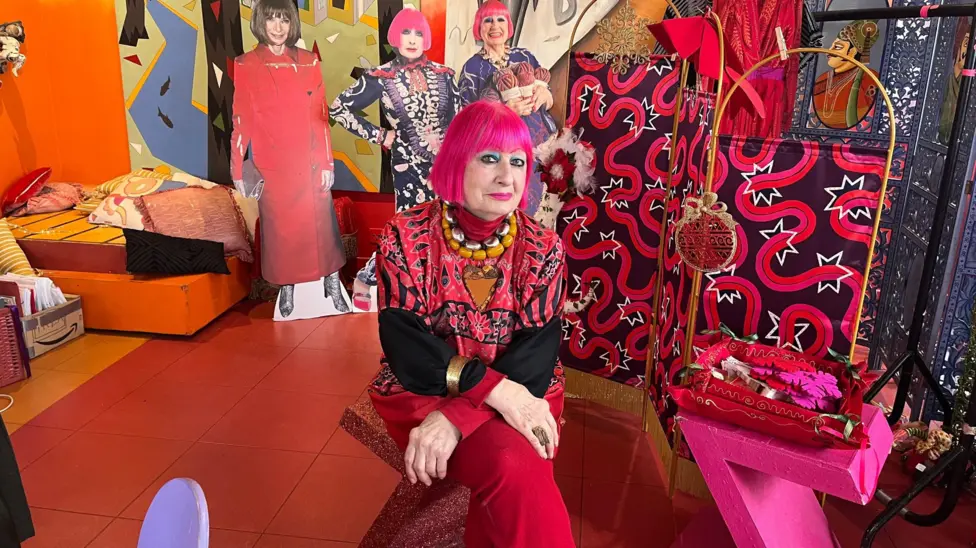
Another story example involved three young students from a music college in Brighton who were about to make their debut at Glastonbury. The local link for BBC South East Today involved their journeys but, as James points out, national brands love human interest too so the package also ran on BBC Breakfast. Plus, clips from the interviews were used on national radio bulletins.
Branding
If it is editorially justifiable, there is scope for a brand mention as part of a TV package. Although James reminds us that the BBC can’t be seen to be promoting any brands, so there’s always a limit.
One recent example involves a story for BBC East Midlands Today. James was sent to the warehouse of a well-known health and beauty chain and also a local small business. Both brands were mentioned because the story was about how different types of businesses were preparing for Black Friday.
What does the perfect regional spokesperson look like?
James says the perfect spokesperson is someone who can be clear and concise, but not too robotic in their delivery. While journalists understand that spokespeople have certain key messages to get across, they still want interviews to be conversational.
Being prepared is good, but it is also key to be able to relax in front of the camera. It’s worth mentioning as well that most of the interviews he does are pre-recorded, so there’s always a safety net and the possibility to do something more than once.
With spokespeople, as well as with case studies, it is much better if they are from the region. However, James would interview a national spokesperson, as long as the content of the interview is regionalised
Once the first interview is done, the camera crew will film cutaways and plenty of alternative angles of the location so footage can be used around the interview.
There is normally a second location and interview, which they aim to do for 11:30am or noon at the latest. Sometimes there’s also a piece to camera to record and send back to base so it can be used during the lunchtime programme.
After lunch, James will write and record the voice over and the shoot editor will edit the package together – this often happens in the back of a van at a supermarket car park, so it’s not as glamourous as people may think!
At this stage, any images and audio are sent back to base and, if requested, James will also write some copy so the story can be published on the BBC News website.
If it all goes to plan, the piece is then ready to go at about 5pm, with plenty of time to be broadcast on the programme at 6:30pm.
How to pitch to regional news teams
James’s advice to PRs is to get in touch as soon as you know the story is coming up, as that will allow you to place it in planning diaries.
However, it’s always best to get in touch with planning desks directly than to approach him (especially on the phone) as, being freelance, his shifts are always changing.
Another tip if you want to make reporters’ lives easier… if you’re offering filming on location, make sure there’s parking available nearby! Not only this will avoid any delays at the start of the shoot, but it may also enable the crew to edit the footage quicker.
It is also helpful to communicate as much as you can during that first pitch. Other than the basic information about the story, it is essential to flag spokespeople availability, locations, B-roll and any additional items that will strengthen your proposal.
How Shout! Communications can help you
If you’re looking to get your brand on BBC regional programmes, we can help you secure that media coverage.
We have extensive industry experience and contacts across all TV regional newsrooms and can help you craft, pitch and land the story that will bring your brand to regional audiences.
Call us on 020 7240 7373, or email hello@shoutcommunications.

Author: Marta Malagon Manas
Marta works on the media relations team at Shout! Communications, securing coverage for clients on radio, television, podcasts and online. She also produces podcasts for clients. She previously worked as a TV and radio producer for ITV and News Broadcasting. She’s a news junkie, always listening to the radio and keeping an eye on the news channels.
